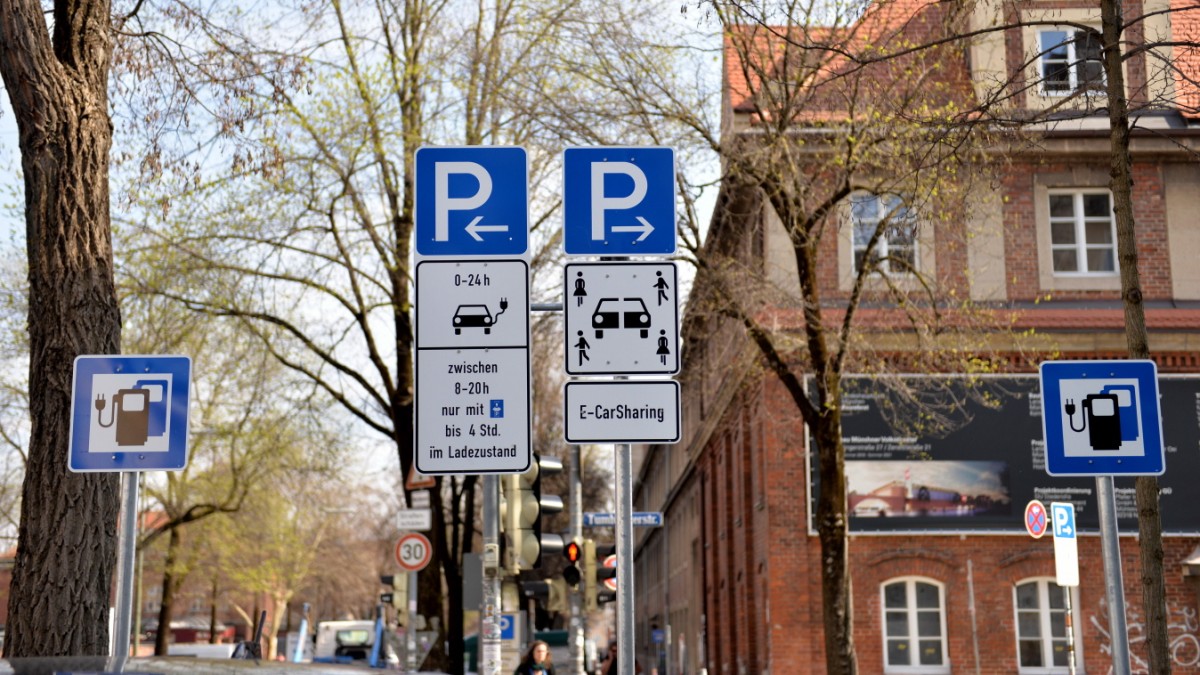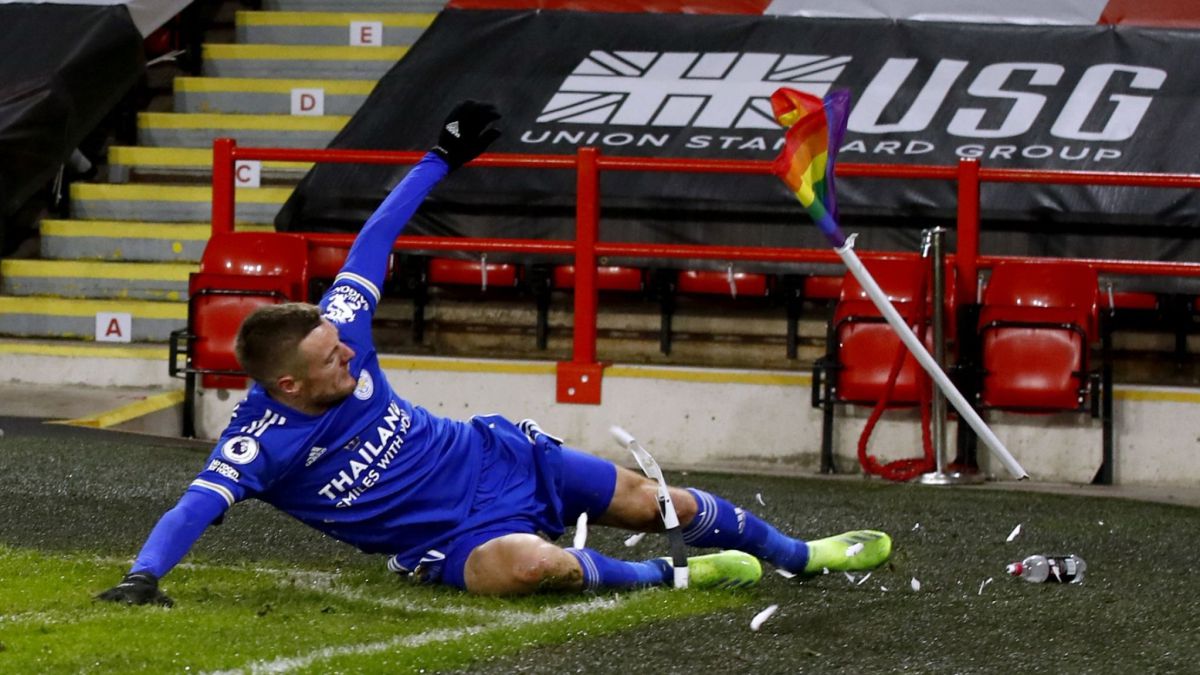The “Integrated Action Program for the Promotion of Electromobility in Munich” is intended to promote climate protection. The program also includes the “Munich emobil” funding for private electric vehicles and charging stations. If you buy an e-vehicle, you can get money from the city under certain conditions. The City Council’s Environment Committee has now extended the program of action, which will initially run until the end of 2020, for another year. Next year, the city council should then decide to update it for the years 2022 to 2025.
For buyers of private electric vehicles, the following applies from January 1st: You can only get money if you use green electricity and can prove this with a current electricity supply contract. The so-called eco bonus that was previously available for users of green electricity is no longer applicable. The funding of 200 or 500 euros that is omitted here is added to the maximum funding amount in order to compensate for the additional costs for the applicants.
The maximum funding amounts increase to 1,200 euros for two to three-wheeled light vehicles in classes L1e to L4e, 3,500 euros for three- and four-wheeled light vehicles in classes L5e to L7e and to 2000 euros for e-cars in vehicle classes M1 and N1. Nothing will change in terms of funding for cargo pedelecs.
More than 12,000 electrified vehicles and over 1,300 charging points on private property have so far been funded in Munich. And the demand has increased over the years: In the first year of 2016 there were just under 600 applications, last year the RGU received more than 4000. It is uncertain whether this number will be reached again this year. By November 1, almost 3,300 applications had been received. Since the city has been allowed to subsidize electric cars again since February of this year, 71 applications were submitted this year.
So far, the city has approved or paid out 11.8 million euros in funding; according to the RGU, it could still be around 13 million by the end of the year. Of the total budget of just under 16 million, around three million are likely to remain, which, according to the RGU, will hardly be enough next year. Therefore, three million euros are now to be reallocated from unused funds for the electrification of local public transport, so that the budget of the “Munich emobil” program increases to six million euros for next year.
Applicants have to consider a few things: Anyone who receives a grant, for example for an electric scooter, may only resell it after three years or terminate a leasing contract. Otherwise, the grant must be repaid proportionally for the unused months. What is new is the rule that in the event of an accident or theft, the subsidy does not have to be repaid if no insurance or others are responsible for the damage. This also applies to a charging infrastructure that is stolen or can no longer be used before the three-year period has expired. Incidentally, the city pays 40 percent of the net costs for charging points, up to a maximum subsidy of 3000 euros per normal and 10,000 euros per fast charging point. There are up to 6,000 euros for consulting fees.
– .


